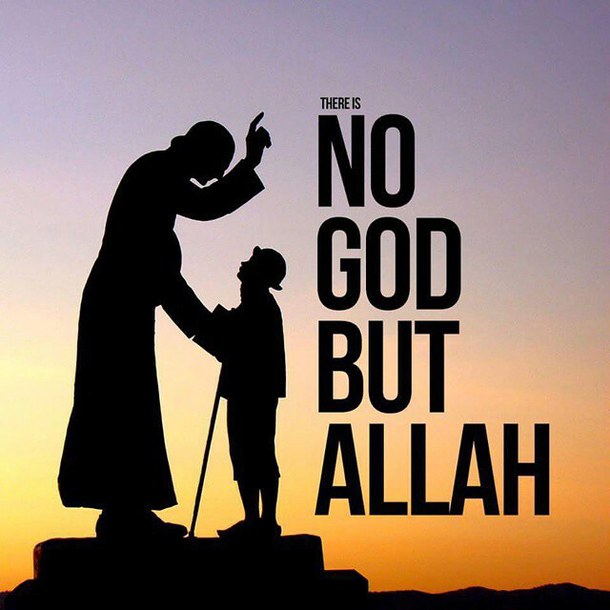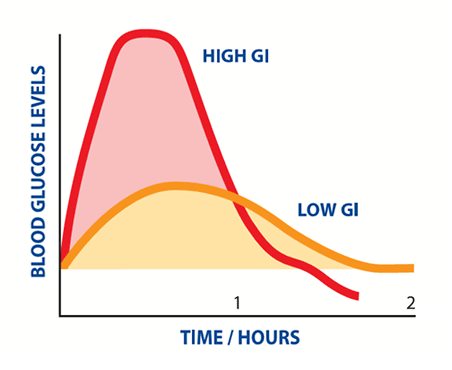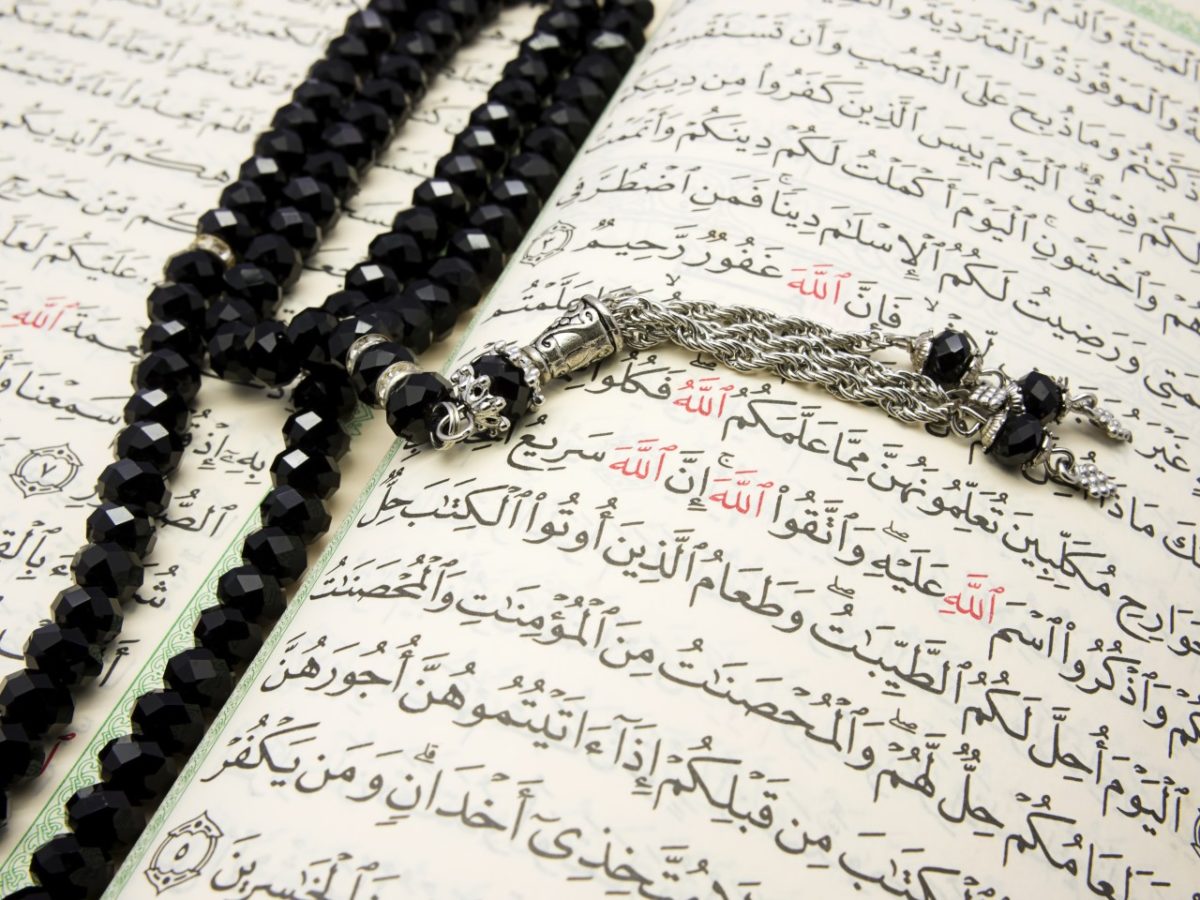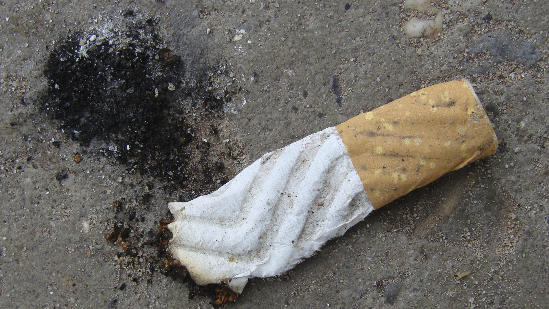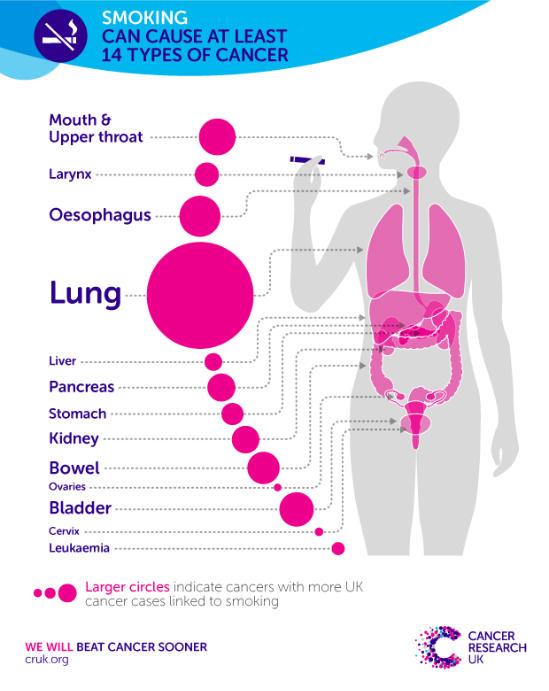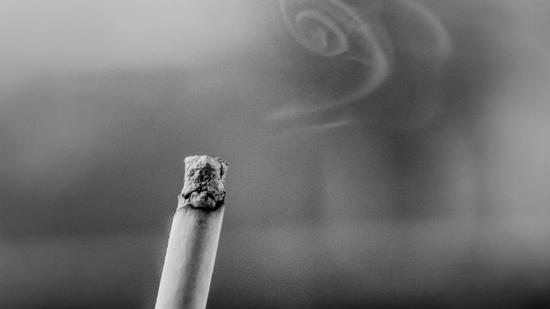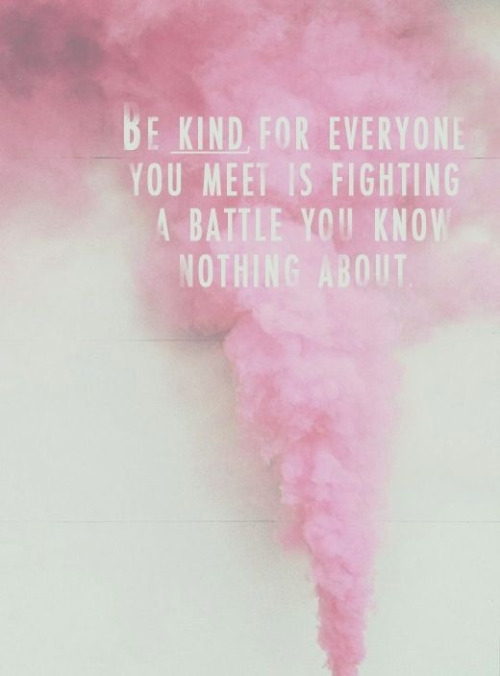بسم الله الرحمن الرحيم

Continued…
Hajj
For those going first time it is easy to get lost, there are a lot of hotels and sometimes they all look the same to you and you might be quite a distance from the Haram. For the first few days go with someone to the Haram, and remember the walk back and picture a big hotel or shop nearby, e.g my hotel is near Hilton or behind Movenpick. Keep the hotel card, especially if you have elderly parents with you.
Remember, those going for Hajj there will be approximately 3 million people in Hajj. Thinking of that should give you the ability to be more patient. Hajj is nothing but an expression of love. During the journey towards Allah, the haji bears all difficulties with great patience. Also, bear in mind there will be delays. If you arrive late at Arafat or Muzdalifah you will still be rewarded for your intention so do not fret or frown. Arafat day try and spend the most time in Dua from Dhuhr to Maghrib in a standing position (as long as possible). Arafat to Muzdalifah is usually a difficult one as most if not all of the people take the buses as it is dark after Maghrib. It is ideal to walk the rest of Hajj, saves you from the headache of buses. If your bus is late, spend the time in dhikr and Qur’an not talking or gossiping or on WhatsApp and social media. Don’t let Shaytan take advantage.
Allah SWT has made things easy for us now, personal hygiene is more important at times like this not just for you but to take other people into consideration too, the elderly the sick those who have terminal illnesses who will be around if you’re not washing to keep clean you will spread germs.
There are even some things that recite the talbīyah alongside a muḥrim when one recites it. “There is no Muslim who recites the talbīyah during the Ḥajj andʿUmrah but that everything which is to his right and left also recite it with him. Whether it is rocks, trees or even soil, to the farthest ends of the earth in each direction, from here and from there.” (Tirmidhī)
Miscellaneous
Daily Items to take to the Haram/Masjid: Drawstring bag for slippers, musalla, water bottle, Qur’an, dua books/tasbih, mobile phone and money.
Janazah Salah Sayyiduna Abu Hurayrah (radiyallahu ‘anhu) reports that Rasulullah ﷺ said: “Whoever attends the funeral procession and offers the Janazah Salah, will get a reward equal to one ‘qirat’, and whoever accompanies it till burial, will get a reward equal to two ‘qirats’. It was asked, “What are two qirats?” He answered, “Like two huge mountains.” (Sahih Bukhari, Hadith: 1325 and Sahih Muslim, Hadith: 945)
For those travelling for the first time, there will be Janazah Salah after every Fardh Salah almost. You will hear an announcement, “As-Salah ala Al-Amwaat” or “As-Salah ala Al-Atfaal” (Prayer for the deceased or prayer for children). We should seize the opportunity as it takes only a few minutes to pray. As a lot of people tend to forget the method and women may never have prayed Janazah Salah, the method is here:
Method of Janazah Salah:
The manner of performing Salatul Janazah is as follows:
The body of the deceased must be placed in front of the Imam who leads the Salah.
The Imam stands in line with the chest of the deceased.
Everyone in the congregation must have the intention of performing Salaah Al Janazah for the sake of Allah and in prayer for the deceased.
Make the intention of praying behind Imam.
One must then say Allahu Akbar while raising both hands as in Takbeer At Tahreema (the same manner in which one raises his hands to begin the daily Salah).
Then fold your hands as one does in his daily Salah.
At this time, one must recite the 1) Thana. The Thana is:-
“Subhanakallahumma wa bihamdika wa Tabarakasmuka wa Ta’aala Jadduka wa laa ilaha Ghairuka.”
2) After this, a person must say Allahu Akbar again, but must not raise his hands.
At this time, one will recite the Durood, (preferably the same as recited in the daily Salah).
3) Then say Allahu Akbar once again without raising your hands. After this takbeer, one will make the dua for the deceased.
Based on who the deceased is, one will recite the relevant dua. That is, there is a special dua for adults, one for a minor boy and another for a minor girl.
The dua for an adult is:
Allaahurnmaghfir li hayyinaa wa mayyitinaa wa shahidinaa wa gha-ibinaa wasaghirinaa wa kabirinaa wa dhakarinaa wa unthanaa,
Allaahumma man ahyaitahu minnaa fa’ahyihi ‘alal islam wa man tawaffaitahu minnaa fatawaffahu ‘alal imaan.
O Allah! Forgive those of us that are alive and those of us who are dead, those of us that are present, those of us who are absent, those of us that are young and those of us that are adults; our males and our females. O Allah! Whomsoever of us you keep alive let him live as a follower of Islam and whomsoever you cause to die, let him die as a believer.
The dua for a girl child is :
Allaahum maj ‘alhaa lanaa fa-ra—tanw waj ‘alhaa lana aj-ranw wa zukhranw waj ‘alhaa lana shaafi’atan wa mushaf-fa;ah
O Allah, make her our forerunner, a source of reward and treasure and make her plead for us and one whose plea has been accepted.
The dua for a boy child is:
Allaahum maj ‘alhu lnaa fa-ra—tanw waj ‘alhu lana aj-ranw wa zukhranw waj ‘alhu lana shaafi’an wa mushaf-fa’aa
O Allah, make him our forerunner, a source of reward and treasure and make him a pleader for us and one whose plea has been accepted.
NOTE: If you don’t know any of the above Duas then pray Rabbana Aatina Fid Dunya hasanah wa fil Aakhirati Hasanah wa qina azaaban naar.
When the Salatul Janazah is finished the body should be taken to the cemetery for burial.
And Allah knows best.

Women and Jamat
As most women don’t attend the Masjid for Salah in the UK, they may not know how to perform missed Rak’aat with the imam:
Witr in Ramadhan
Those who go for Umrah in Ramadhan, usually have a dilemma whether or not to pray Witr with the imam. As the imam will pray 2 rak’ah then 1 separate. It is allowed for Hanafis (people who follow Hanafi fiqh) to follow the imam in Witr. Please see fatwa below:
https://nawadir.org/2016/04/02/witr-salah-in-makkah-and-madinah/
The preferred view of Hadhrat Mufti Muhammad Taqi Uthmani Saheb (hafidhahullah) is pray 2 rak’ah nafl with the imam and then don’t pray the 1 rak’ah separate, just make dua in the qunoot/dua after rukoo.
Also, after Taraweeh Salah there is no announcement for Witr like the Masajid in England. So many people stand up for Witr thinking it is still Taraweeh and their intention will still be for Taraweeh, which will invalidate the Salah. It would be nice if they could announce Witr Salah in the Haram, otherwise we must keep a track of Rak’ahs.
Thieves
Keep your belongings with you at ALL times. In the hotel keep your suitcase and luggage locked, do not trust anyone, not even the workers. Take minimum money to the Haram, 40-50 Riyal. You should not need more than that, maximum 100 Riyal. The day you decide to go shopping, take extra money. But on a daily basis, you might need money for a drink/ice cream or something to eat. There are thieves everywhere! As blessed as Haramayn Shareefayn are, unfortunately the thieves are NOT. They will cut your pockets and run. Men should try and sew pockets into their trousers for safety. Keep your mobile and money in there. Women keep small handbags and keep them close to you, not dangling off your shoulder. Then there are other thieves or beggars who make stories up! They lost their passports or documents. Or even say they lost their wife and children. I personally do not give a Riyal to any of these guys, not because I am stingy but I want my money to go to the right place. If you don’t believe me, read this:
https://babarahmad.com/2016/08/29/pilgrims-guide-to-predators-on-hajj/
If you want to give Sadaqah or Zakah give it to the cleaners in Haram. With Zakah, you have to let them know it is Zakah.
If your belongings do get stolen or lost, there is a lost and found office called “daftarul mafqoodaat” in Arabic. It is near Safa and Marwa but far, far behind it. You have to go outside and it is a long walk, I’ll be honest. Try praying these duas:
فِيهِ آيَاتٌ بَيِّنَاتٌ مَّقَامُ إِبْرَاهِيمَ
In it are clear signs (among which is) the Maqam-e-Ibrahim.
 Maqam-e-Ibrahim refers to the stone on which Nabi Ibrahimﷺ would stand when he was building the Ka‘bah. As the height of the building rose, the stone would automatically rise, lifting Nabi Ibrahimﷺ so that he could continue to build the Ka’bah, and when it was time for Nabi Ibrahim ﷺ to return to the ground, the stone would automatically descend.
Maqam-e-Ibrahim refers to the stone on which Nabi Ibrahimﷺ would stand when he was building the Ka‘bah. As the height of the building rose, the stone would automatically rise, lifting Nabi Ibrahimﷺ so that he could continue to build the Ka’bah, and when it was time for Nabi Ibrahim ﷺ to return to the ground, the stone would automatically descend.
The impression of the blessed footprints of Nabi Ibrahim ﷺ can be seen in the stone until today. It is obviously a miracle for a stone to automatically rise and descend, based on the need of the person standing on it, and for a hard stone to soften sufficiently so that it could be imprinted with his footsteps. It is for this reason that Allah Ta‘ala says that the Maqam-e-Ibrahim contains clear signs (that will guide one to recognize Allah Ta‘ala).
The Maqam-e-Ibrahim is housed in a round structure made from glass and metal, located on the mataf, close to the door of the Ka‘bah.
‘Abdullah bin ‘Amr (radhiyallahu ‘anhu) reports that Rasulullah ﷺ said, “The Hajr-e-Aswad and Maqam-e-Ibrahim are two precious stones from the precious stones of Jannah. Allah Ta‘ala has extinguished their radiance. Had Allah not extinguished their radiance, they would have illuminated everything between the east and the west.” (Sunan Tirmidhi #878)
Take it easy
If you are going for Umrah in Ramadhan, take it easy as you are fasting as well as doing Tawaf and other acts of Ibadah. Sometimes just going to and from the Masjid can be tiring. Be sure to look after the elderly and those in your group too. If you are going for Hajj, do not tire yourself before Hajj. Some people do excessive Tawaf and Umrah before the days of Hajj then feel weak before Hajj. Remember you are “there for Hajj” make the most of it and be prepared for the 5 main days in sha Allah.
Waqf
Ibn Majah (757) narrated a hadeeth, “Whoever removes anything harmful from the mosque, Allah will build for him a house in Paradise.”
Anything found in the masjid is Waqf, please us it carefully, including the cups for Zamzam. Many people waste the cups and do not dispose of them correctly. A masjid MUST be kept clean; whether it is your local Masjid or Masjid Haram. Just because it is an extremely large Masjid does not mean it can be littered. Also on a side note, I would just like to mention here, many mothers make their children wear socks or t-shirts with picture or cartoons. This is completely Haraam! Please avoid this.
Purpose
Keep on remembering the purpose you are here for, and make a daily schedule/routine. When the heat overburdens you, remember the heat of hell fire. If you are stood in long queues or waiting amongst crowds of people, think of Qiyamah and the multitudes of people. I believe Haram Shareef is the only place you can depict Qiyamah, truly. When listening to the Qur’an in Salah, imagine the time when Jibreel AS descended upon the Prophet (peace and blessing be upon him).
Halal Food
Beware. Not all food is reliable in Saudi Arabia, especially chicken as we all know a LOT of the chicken is imported. Try and ask a reliable mufti saheb in the UK for an up to date list of reliable restaurants/takeaways. Please don’t be naive and think it is a Muslim country, so everything is Halal. Ask the workers if the chicken is “Watani” which means local/slaughtered in Saudi Arabia. When I went for Umrah in Ramadhan 2018, I asked Mufti Ibrahim Saheb Raja of Blackburn as Mufti saheb visits Haramayn ever year. He enumerated the following: in Makkah alTazaj in Bin Dawood and also the McDonald’s, he said near Ibrahim Khaleel road there are many Pakistani restaurants that serve Watani chicken, you just need to ask and confirm. In Madinah, there are much more. To name a few, Rawi, At-Tabakh, Nirala, Miraj and Dawoodiya.
Niqab
Ma Sha Allah! I will always praise and support women who wear the niqab, it is one of the greatest Jihads of the time – whether home or away. But, sadly, many women go to the holy lands and stop wearing their niqab or it becomes part-time. My dear sisters, simple advice is that you wear a niqab for many years. Some of you since you were teenagers. Not a single non-mahram has seen your face! Then you go for Hajj/Umrah and uncover your face because it’s too hot or at lunchtime for ease or in the hotel because you feel suffocated. Remember, there will be many men travelling with you from your locality and relatives who have never seen your face. Is it worth it for a few weeks to lose this modesty? Stay strong in sha Allah, Allah’s Jannah awaits you. You will be the queens of Jannah.

Madinah Munawwarah
Shaykh Haji Faruq Saheb (Allah have mercy on him) would say, on the road to Madinah try and pray Surah Kawthar 1000 times. Once you enter Madinah start continuous durood, so before you reach Masjid Nabwi ﷺ your salutations reach the beloved Prophet ﷺ.
“There are angels of Allah SWT who convey to me the salutations of the Ummah.” (an-Nisai)
Take a booklet of forty duroods and pray daily along with a fixed amount of other duroods, 100, 200 etc.
Read Seerah books beforehand or take one with you to inculcate the love of the Prophet ﷺ
The rule is not to harm anyone, anywhere. But in particular, make an extra effort in Madinah Shareef not to argue or cause inconvenience to anyone. Even the animals, birds, plants etc. This is the City of the Prophet ﷺ, the City of Mercy.
DO NOT COMPLAIN! If you do not like something, stay quiet. Women, in particular, have a habit of commenting and criticising negatively. Such silly mistakes can deprive someone of visiting the holy lands again. There is a famous story of a man who visited Madinah and had some yoghurt. He found the yoghurt sour and complained! The same night the Prophetﷺ came in his dream and said, “If you don’t like the yoghurt of my city, then don’t come again.”
Mount Uḥud even loves those who obey Allāh and His Messengerﷺ
“Uḥud is a mountain which loves us and which we love.” (Bukhārī)
Imām al-Nawawī (Allah have mercy upon him) comments and says: “Mount Uḥud truly loves us because Allāh has endowed it with a quality whereby it is able to feel love.” (Sharḥ al-Nawawī)
Salat was Salam upon our beloved Prophet ﷺ be done from anywhere in Masjid Nabwi but better in front of the Rawdhah Mubarak.
Try and pray at least two Rak’ah in Riyadhul Jannah, without pushing or causing inconvenience.
Shaykhul hadith Hadhrat Mawlana Muhammad Zakariyya (Allah have mercy upon him) would say, “When shopping in Madinah, make an intention to benefit the people of Madinah.” And I would like to add, do not haggle too much with the residents of Madinah.
Try and visit the place of Badr about 2 hours from Madinah Shareef. And there is a well on the way Bi’r Shifa. The water is known for Shifa/cure.
For those who do not know much about which dates to buy, I am no expert but the standard dates which people generally buy are:
Ajwa
Kalmi
Sukary
Safawi
Sugai
Ambar
Try and go to a date farm rather than the date market, the farms are not far from Masjid Nabwi ﷺ. And remember each type of date has its quality. E.g. You will get cheap Ajwa 40 or 50 Riyal per kilo but that will be low quality. Whereas the 60-70 Riyal per kilo will be higher quality, much larger and softer.
There are many suggestion boxes, usually near the doors/gates. Feel free to make positive suggestions. There are definitely many improvements to make in both places, we need to think of them and criticise constructively. We need to become a thinking Ummah, we need to produce deep thinkers in sha Allah. Also, take a notebook and pen and write down any thoughts you get. Sitting in the Haram you get some remarkable thoughts, don’t let them go! It could be changes to your life or something beneficial for the Ummah. Alhumdu Lillah, both parts of these blogs were a result of taking a notepad and jotting things down which I thought would benefit people. If you are a poet, writer, blogger, pen down your love and contemplations for these places to spread the respect and sanctity of these places. Here are two poems I wrote:
Lastly, use your time wisely and make it fruitful and productive. You never know when you will go again. Avoid arguments, this is not the place for arguments. Please don’t treat it like a holiday, you are not in Dubai or Morocco! They said in Arabic, “al-Istiqamah fawqa alf Karamah.” Steadfastness is better than 1,000 miracles! When you return back to the UK, keep up with your Salah, wearing Hijab or keeping a beard and practicing every Sunnah. Especially those Sunnah connected with Hijab. Reflect on your age and life. How you can change and remove sin and vice from your life.
Allah accept your Hajj/Umrah and make it easy and bring you back safely. Fi Amanillah.
Please pray for me too.
Ismail ibn Nazir Satia (One who is in dire need of Allah’s forgiveness, mercy and pleasure)
1 Dhul Qa’dah 1439


